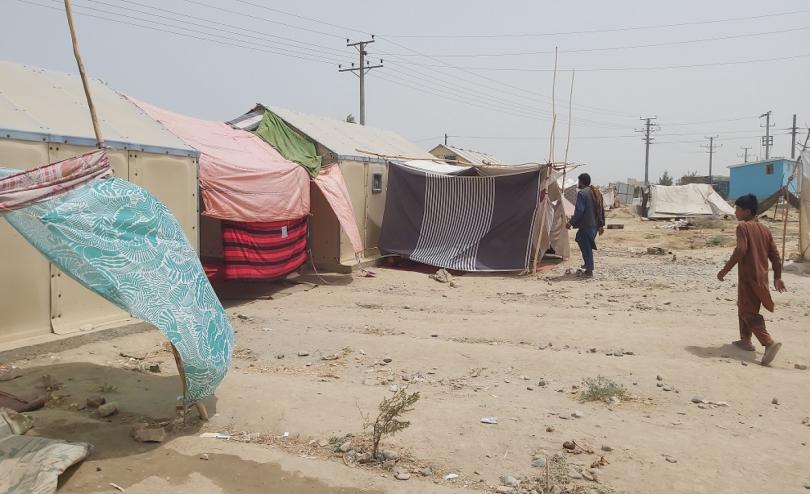Grave violations against children globally on the rise – report

GOOBJOOG NEWS|OSLO: At least 300,000 children have been killed or maimed by words across the globe between 2005 and 2022, an average of almost 20 a day, a new report shows.
The United Nations says this is a stark illustration of the devastating impact of war and conflict on children.
“As states, donors and the humanitarian community meet in Norway for the Oslo Conference on Protecting Children in Armed Conflict, UNICEF has reported that, since monitoring began in 2005, the UN has verified 315,000 grave violations committed by parties to conflict in more than 30 conflict situations across Africa, Asia, the Middle East, and Latin America.”
The report further shows that of the children affected by the conflict, more than 120,000 were killed or maimed, 105,000 recruited or used by armed forces or armed groups, over 32,500 abducted and more than 16,000 children were subjected to sexual abuse.
The UN also reports that it has verified more than 16,000 attacks on schools and hospitals, and more than 22,000 instances of denial of humanitarian access for children.
The United Nations however says the figures may be higher since the latest data only captures verified cases and hence the true toll is likely to be higher.
Millions Displaced
It adds that many millions more children have been displaced from their homes and communities, lost friends or family or been separated from parents or caregivers.
“Any war is ultimately a war on children,” said UNICEF Executive Director Catherine Russell. “Exposure to conflict has catastrophic, life-changing effects for children. While we know what must be done to protect children from war, the world is not doing enough. Year after year, the UN documents the visceral, tragic and all too predictable ways that children’s lives are torn apart. It is incumbent on all of us to ensure that children do not pay the price for the wars of adults, and to take the bold, concrete action required to improve the protection of some of the world’s most vulnerable children.”
UNICEF says it has supported the care and protection of millions of affected children across conflict situations to enhance their well-being, including through the provision of mental health and psychosocial support, child protection case management, family tracing and reunification, and services for child survivors of gender-based violence.
“In 2022, UNICEF reached almost 12,500 children who exited armed forces or armed groups with reintegration or other protection support, and more than 9 million children with information that they can use to protect themselves from explosive remnants of war,” the organization reports.
Low Funding
New analysis by Humanitarian Funding Forecasting, commissioned by UNICEF, Save the Children, the Alliance for Child Protection in Humanitarian Action and the Global Child Protection Area of Responsibility, reveals that the scale of the child protection risks to children affected by conflict is not matched by the scale of funding available to address these issues.
“By 2024, the child protection sector will require US$1.05 billion, increasing to US$1.37 billion by 2026, to address the protection needs of children in armed conflict. This includes critical services like family reunification, mental health support, the prevention of recruitment into armed groups.”
UNICEF is urging humanitarian actors to invest in policies that place children and their protection at the centre of humanitarian action in situations of armed conflict.
“We must deliver a child protection response that is equal to the challenges we face,” said Russell. “We need to do everything we can to reach all children in need, particularly the most vulnerable. Protection services for children must build upon existing systems and community structures, and support children’s rights, participation, and their best interests. Programmes and advocacy in these contexts must unfailingly put children and their protection at the centre of humanitarian action.”
- By Fauxile Kibet